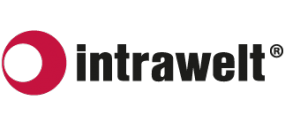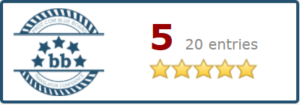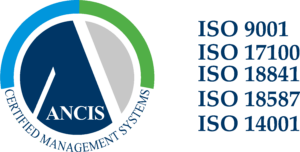Why the food industry needs professional translation services
Two main industrial sectors are involved in the health and welfare of society: the pharmaceutical industry and the food industry.
Along with the pharmaceutical industry, the food industry plays an essential role in social development and well-being. Therefore, it’s no coincidence that in recent decades the Food & Beverage sector has experienced profound transformation in both production technologies and food communication.
New sensitivity in the food industry
It’s a well-known fact that global food habits are undergoing substantial change. Air pollution, the use of pesticides, hectic and more sedentary lifestyles, these are only a few of the factors behind this shift. The appearance of new diseases, the proliferation of food intolerances and documentation of psychosomatic food-related disorders have not only been a wake-up call for public health, but have also contributed to the development of a new-found food awareness.
The food industry’s assertive effort to steer production towards more natural, less processed foods with fewer chemical agents and additives is no coincidence.
The development of production technologies and the growing awareness of consumers who are becoming more and more fastidious about the quality of ingredients has forced the Food and Beverage market to transform its communication processes and embrace a new kind of food marketing.
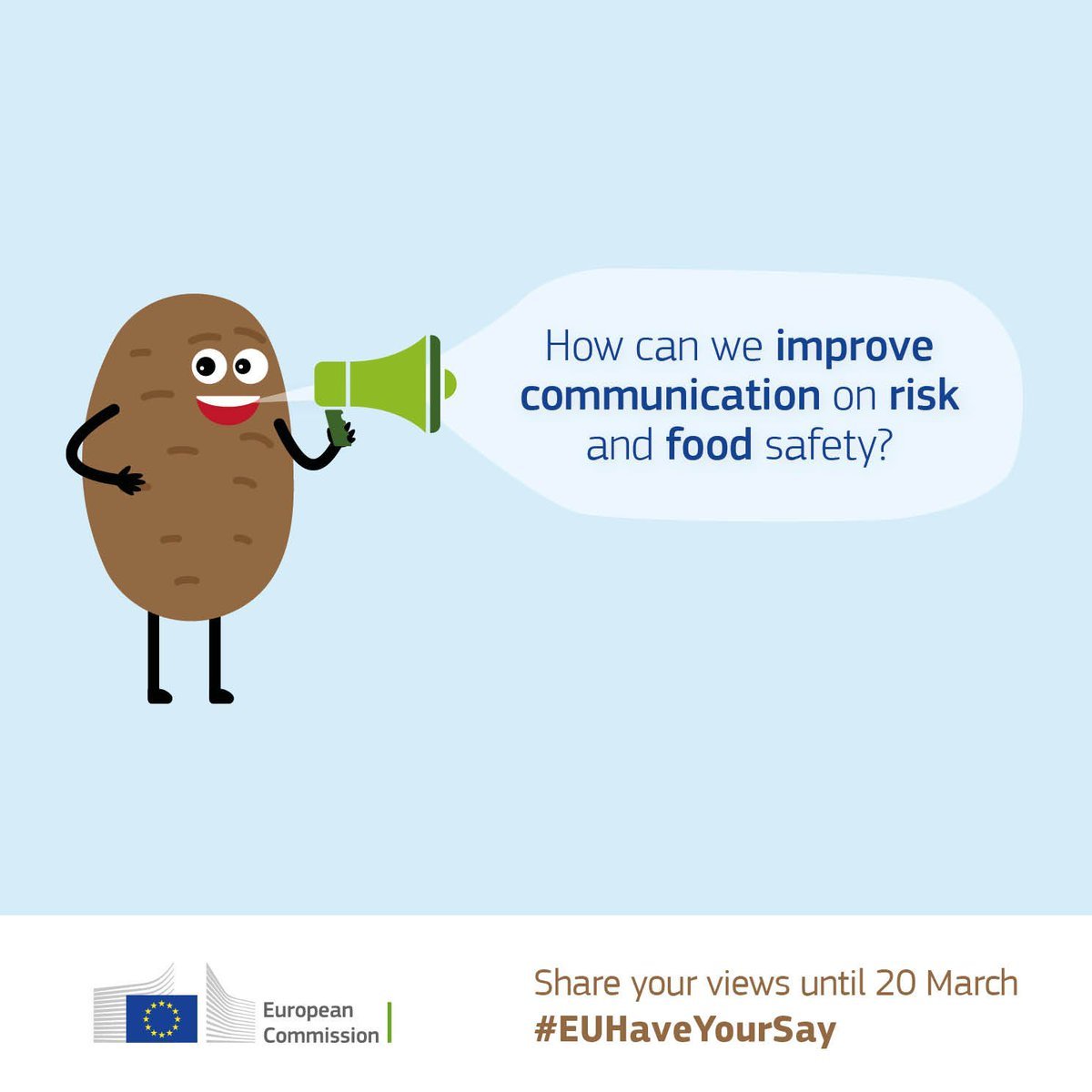 The new Food and Beverage narrative
The new Food and Beverage narrative
Food storytelling has historically been based on the sensorial experience of the product, but nowadays is much more focused on its history and life cycle. Now, advertisements often take the viewer through the product’s entire time line, demonstrating the careful choosing of the flour, the ingredients, showcasing the lack of additives or fats, farming methods and culture. Current marketing is no longer advertising alone, but advertising and food education, advertising and sustainability. The focus has shifted from the basic celebration of taste and flavour towards the consumer’s well-being.
The linguistic registers in food communication
The notion of communication in the food sector is closely tied to a need to utilise linguistic formulas able to attract consumer attention, ensuring the use of correct information about the ingredients and the composition of the products with regards to additives and allergens.
The proliferation of food disorders and intolerances, such as coeliac disease and lactose intolerance, has led national and international health institutions to regulate product marketing methods. In Europe, food labelling is governed through European Regulation 1169/2011.
The provisions wich came into force require sanctions for violating the provisions of Regulation (EU) no. 1169/2011 establishing the obligation to indicate all allergens in order to safeguard the consumer. The normative provisions require sanctions for violating the provisions of Regulation (EU) no. 1169/2011 establishing the obligation to indicate all allergens in order to safeguard the consumer. They have become essential in order to protect the health of consumers and, at the same time, establish guidelines for the marketing of food products.
Translation agency services in food marketing
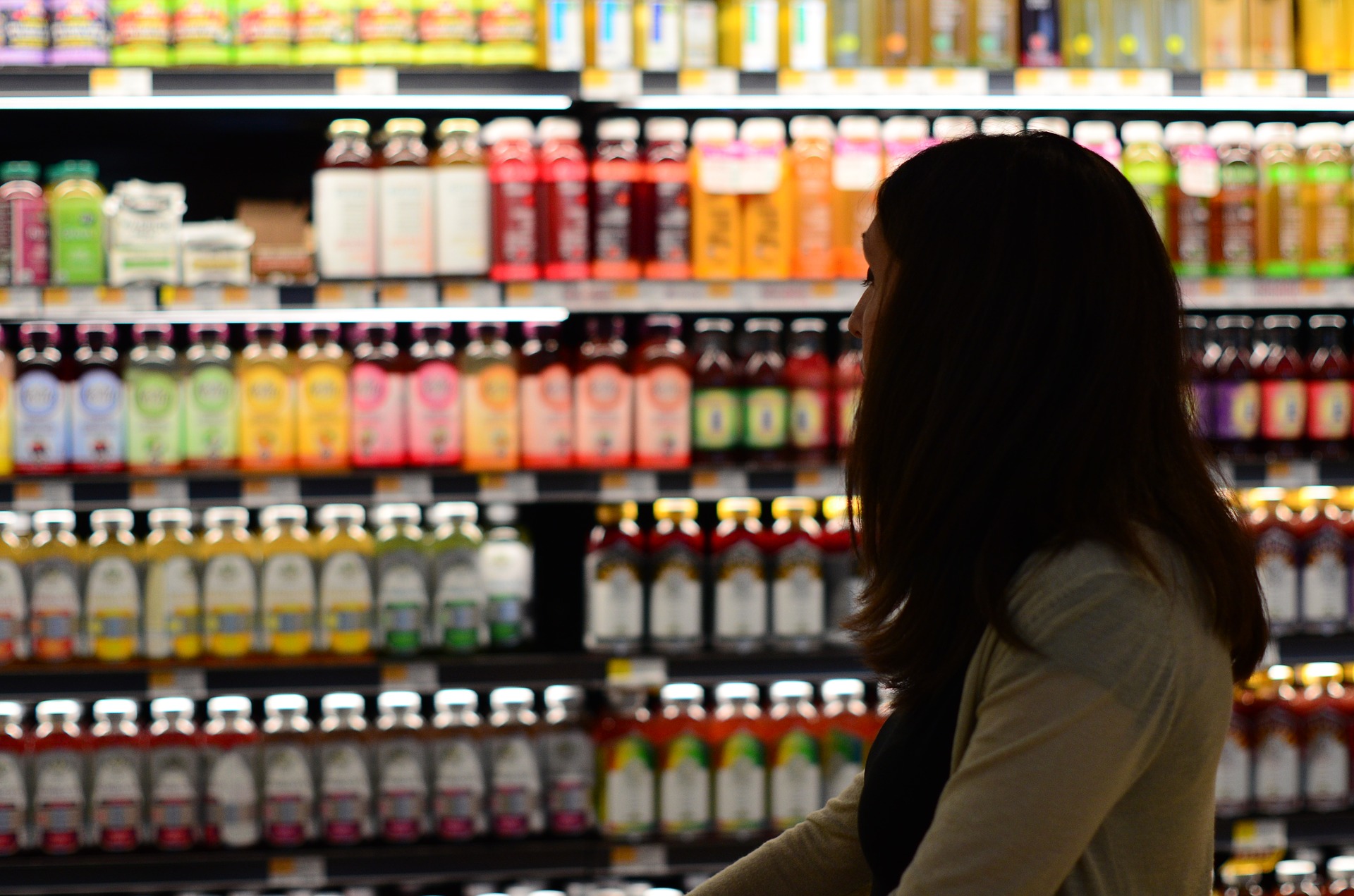
The food industry has a considerable impact on public health and, as we have seen, implies a need to use certain linguistic registers and communication rules. When a product is placed on different national markets, it is essential to use the right terminological glossaries to describe the ingredients, the allergens and all associated intolerances.
For this reason, companies in the food industry need professional translation agencies, like Intrawelt, which are able to navigate the linguistic and terminological variables that arise in the different target markets.
With support from terminology management technologies, we can build dedicated customised glossaries for each customer. In this way, the commercial communication of products is managed harmoniously in various target languages, avoiding terminological errors that could be harmful to the consumer’s health.
Reliance on specialised translation agencies is the best method to ensure that the product is compliant with international regulations on the use of the correct linguistic registers, while also maintaining a high quality standard of commercial communication effectiveness.
Continuing on the topic of commercial strategies, you can rely on a translation agency, such as Intrawelt, which has the advantage of being able to make use of the support offered in the localisation of food products. For example, in some cases, we have managed strategic consultation projects for choosing the name of products to be launched on different foreign markets. With the support of mother-tongue linguists, we are able to provide strategic information on the social and cultural dynamics that influence the purchasing choices of the target populations and therefore define the best linguistic and communications strategies for the choice of product names or the translation of recipes.
Intrawelt’s linguists, as well as being mother-tongue professionals selected in compliance with standard ISO 17100, are sector experts able to combine their linguistic skills with those of the relevant industry.
In the food and beverage sector, we manage translation projects that range from website localisation to translating product packaging, as well as sector-specific blog articles and technical translations of product labels. No matter what, our customers have the support of our specialised project managers, who are there to ensure a service that guarantees both efficiency and high quality, always within delivery deadlines.
Because the importance of food communication cannot be overstated, we invite you to contact us for a quote and further information about our professional translation processes.
